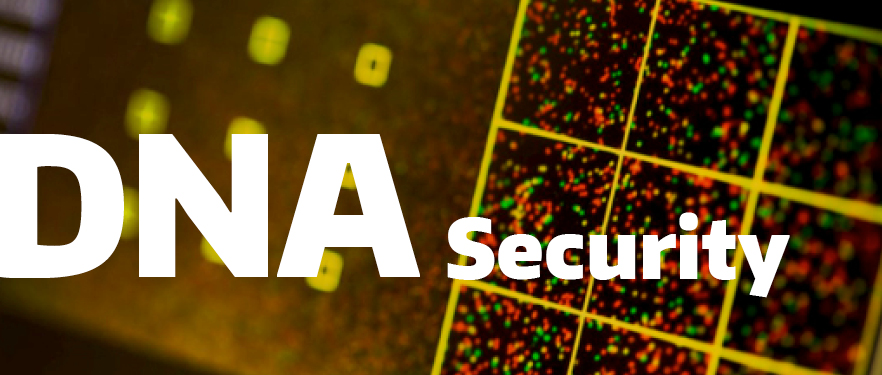
Modern DNA sequencing techniques can sequence hundreds of millions of DNA strands simultaneously. Computers are needed to process, analyze, and store the billions of DNA bases that can be sequenced from a single DNA sample. New and unexpected interactions may be possible at this boundary between electronic and biological systems.